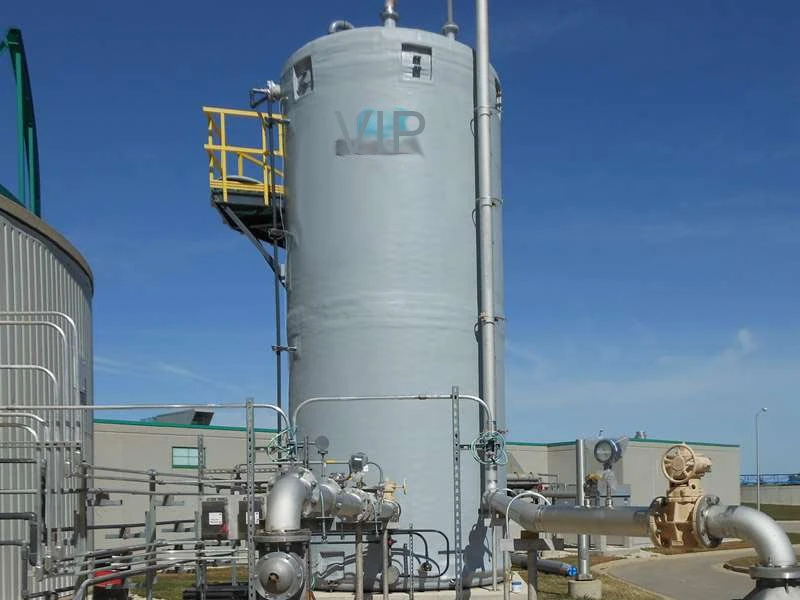
-
 Afrikaans
Afrikaans -
 Albanian
Albanian -
 Amharic
Amharic -
 Arabic
Arabic -
 Armenian
Armenian -
 Azerbaijani
Azerbaijani -
 Basque
Basque -
 Belarusian
Belarusian -
 Bengali
Bengali -
 Bosnian
Bosnian -
 Bulgarian
Bulgarian -
 Catalan
Catalan -
 Cebuano
Cebuano -
 China
China -
 China (Taiwan)
China (Taiwan) -
 Corsican
Corsican -
 Croatian
Croatian -
 Czech
Czech -
 Danish
Danish -
 Dutch
Dutch -
 English
English -
 Esperanto
Esperanto -
 Estonian
Estonian -
 Finnish
Finnish -
 French
French -
 Frisian
Frisian -
 Galician
Galician -
 Georgian
Georgian -
 German
German -
 Greek
Greek -
 Gujarati
Gujarati -
 Haitian Creole
Haitian Creole -
 hausa
hausa -
 hawaiian
hawaiian -
 Hebrew
Hebrew -
 Hindi
Hindi -
 Miao
Miao -
 Hungarian
Hungarian -
 Icelandic
Icelandic -
 igbo
igbo -
 Indonesian
Indonesian -
 irish
irish -
 Italian
Italian -
 Japanese
Japanese -
 Javanese
Javanese -
 Kannada
Kannada -
 kazakh
kazakh -
 Khmer
Khmer -
 Rwandese
Rwandese -
 Korean
Korean -
 Kurdish
Kurdish -
 Kyrgyz
Kyrgyz -
 Lao
Lao -
 Latin
Latin -
 Latvian
Latvian -
 Lithuanian
Lithuanian -
 Luxembourgish
Luxembourgish -
 Macedonian
Macedonian -
 Malgashi
Malgashi -
 Malay
Malay -
 Malayalam
Malayalam -
 Maltese
Maltese -
 Maori
Maori -
 Marathi
Marathi -
 Mongolian
Mongolian -
 Myanmar
Myanmar -
 Nepali
Nepali -
 Norwegian
Norwegian -
 Norwegian
Norwegian -
 Occitan
Occitan -
 Pashto
Pashto -
 Persian
Persian -
 Polish
Polish -
 Portuguese
Portuguese -
 Punjabi
Punjabi -
 Romanian
Romanian -
 Russian
Russian -
 Samoan
Samoan -
 Scottish Gaelic
Scottish Gaelic -
 Serbian
Serbian -
 Sesotho
Sesotho -
 Shona
Shona -
 Sindhi
Sindhi -
 Sinhala
Sinhala -
 Slovak
Slovak -
 Slovenian
Slovenian -
 Somali
Somali -
 Spanish
Spanish -
 Sundanese
Sundanese -
 Swahili
Swahili -
 Swedish
Swedish -
 Tagalog
Tagalog -
 Tajik
Tajik -
 Tamil
Tamil -
 Tatar
Tatar -
 Telugu
Telugu -
 Thai
Thai -
 Turkish
Turkish -
 Turkmen
Turkmen -
 Ukrainian
Ukrainian -
 Urdu
Urdu -
 Uighur
Uighur -
 Uzbek
Uzbek -
 Vietnamese
Vietnamese -
 Welsh
Welsh -
 Bantu
Bantu -
 Yiddish
Yiddish -
 Yoruba
Yoruba -
 Zulu
Zulu
fiberglass sewer pipe alternative.
Fiberglass Sewer Pipe Alternatives A Modern Solution for Waste Management
In recent years, the demand for efficient and durable materials in sewage systems has grown significantly. Traditional options, such as clay and concrete pipes, have long been favored in construction; however, these materials often come with drawbacks such as susceptibility to cracking, corrosion, and significant weight. As a result, fiberglass sewer pipe alternatives have emerged as a leading solution for waste management systems, providing numerous advantages that address many issues associated with traditional materials.
What is Fiberglass Sewer Pipe?
Fiberglass, or glass-reinforced plastic (GRP), is composed of a polymer matrix reinforced with glass fibers. This composite material is known for its high strength-to-weight ratio, making it an ideal candidate for sewer pipelines. Fiberglass sewer pipes are increasingly used in various applications, from residential plumbing to large-scale sewage projects, due to their robust characteristics.
Advantages of Fiberglass Sewer Pipes
1. Corrosion Resistance One of the primary benefits of fiberglass sewer pipes is their resistance to corrosion. Unlike metal pipes, which can deteriorate over time due to chemical reactions with sewage, fiberglass maintains its integrity, providing a long-lasting solution that minimizes the risk of leaks and failures.
2. Lightweight Design Fiberglass pipes are significantly lighter than traditional materials. This lightweight nature not only facilitates easier handling and transportation during installation but also reduces the need for heavy machinery, thus lowering installation costs and timeframes.
3. Flexibility Another remarkable feature of fiberglass sewer pipes is their flexibility. This characteristic allows them to withstand ground movements and shifting soil without breaking, which is particularly beneficial in areas prone to seismic activity or erosion.
fiberglass sewer pipe alternative.

4. Reduced Installation Costs The lightweight and flexible nature of fiberglass makes it easier to transport and install, leading to reduced labor and equipment costs. Furthermore, the durable nature of these pipes means that future maintenance and replacement expenses are also minimized.
5. Smooth Interior Surface Fiberglass pipes have a smooth internal surface that minimizes friction, allowing sewage to flow more efficiently. This feature reduces the likelihood of clogs and blockages, ensuring that waste can be transported swiftly through the system.
6. Longevity Fiberglass sewer pipes can last for decades without requiring extensive maintenance. Their durability means that once installed, they will continue to function effectively over a longer lifespan compared to traditional materials, which often need to be replaced or repaired frequently.
Environmental Impact
In addition to their functional benefits, fiberglass sewer pipes also have positive implications for environmental sustainability. The production processes involved in creating fiberglass pipes often require less energy and result in lower greenhouse gas emissions compared to traditional materials. Their long life span further contributes to their eco-friendliness, as less waste is generated from frequent repairs and replacements.
Conclusion
As the construction and waste management sectors evolve, the need for innovative, efficient, and sustainable materials becomes increasingly vital. Fiberglass sewer pipe alternatives offer a compelling solution that not only addresses the drawbacks of traditional materials but also promotes better performance and longevity. By adopting fiberglass pipes, municipalities and developers can enhance their sewage systems while minimizing their environmental footprint and construction costs, paving the way for a more sustainable future in waste management.
Latest news
-
Exploring the Benefits of Top Hammer Drifter Rods for Enhanced Drilling PerformanceNewsJun.10,2025
-
High-Precision Fiberglass Winding Machine for GRP/FRP Pipe Production – Reliable & Efficient SolutionsNewsJun.10,2025
-
FRP Pipes & Fittings for Shipbuilding - Corrosion-Resistant & LightweightNewsJun.09,2025
-
Premium FRP Flooring Solutions Durable & Slip-ResistantNewsJun.09,2025
-
Premium Fiberglass Rectangular Tanks Durable & Lightweight SolutionNewsJun.09,2025
-
Tapered Drill String Design Guide Durable Performance & UsesNewsJun.09,2025









